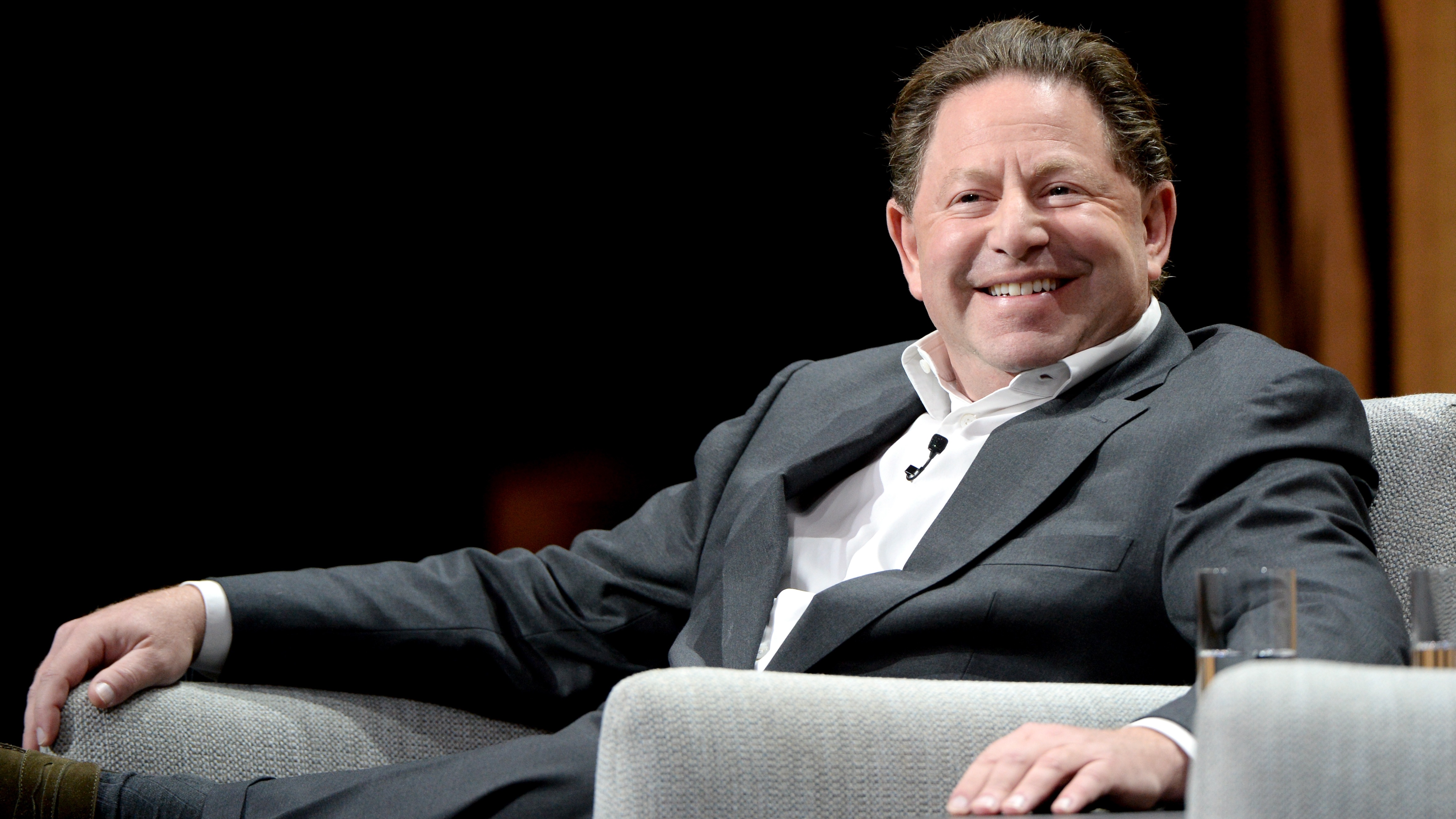Bobby Kotick says Sony's being a baby about Microsoft deal: 'They would just like to prevent our merger from happening'
Activision Blizzard's CEO is feeling bullish about the merger going through.

Microsoft's proposed $68.7 billion acquisition of Activision Blizzard now looks very likely to go ahead, following last week's news that the UK's regulator has (provisionally) bought most of the assurances it's been given. A specific concern allayed was over Call of Duty, the mega-popular series which Microsoft has spent the last several months offering deals on to any- and all-comers, with Sony's pleas becoming increasingly desperate: To the extent that, around three weeks ago, it suggested Microsoft might sabotage COD on PlayStation.
Sony is beginning to sound like a bit of a whiner here, and Activision Blizzard CEO Bobby Kotick has had enough. In an email sent to staff earlier this week with the subject line "A March update on the Microsoft deal," Kotick addresses the deal's progress generally, before going in on Sony with both feet.
Kotick says Activision Blizzard and Microsoft have been doing the rounds in Brussels and London, and during various hearings "Microsoft proposed thoughtful, generous remedies to address regulators’ concerns," including the new COD contract with Nintendo, and deals with Nvidia, Boosteroid and Ubitus. He also alludes to one of the arguments Microsoft has clearly been making behind closed doors, which is that Chinese companies like Tencent and to a lesser extent NetEase are now operating at a previously unimaginable scale globally.
"Our proposed merger will help us compete in the increasingly competitive marketplace that includes rapidly growing foreign, powerful companies that enjoy protection in their home markets and access to strong talent pools," said Kotick. "The partnership with Microsoft will enable us to more effectively compete against these market-leading competitors."
Now it's time for PlayStation, and the aspect that seems to have irritated Kotick in particular was that suggestion of sabotage. Sony's lawyers had argued that, because so much of COD's revenue comes in the first few weeks after launch, Microsoft would be incentivised to launch badly optimised and glitchy versions of the game that were slowly fixed, thereby creating an impression PlayStation was not a good platform to play COD on. Hey, I didn't make it up.
"You may have seen statements from Sony, including an argument that if this deal goes through, Microsoft could release deliberately 'buggy' versions of our games on PlayStation," said Kotick. "We all know our passionate players would be the first to hold Microsoft accountable for keeping its promises of content and quality parity. And, all of us who work so hard to deliver the best games in our industry care too deeply about our players to ever launch sub-par versions of our games. Sony has even admitted that they aren’t actually concerned about a Call of Duty agreement—they would just like to prevent our merger from happening."
Tutting, and wagging his finger, Kotick goes on to say he's not angry with Sony, not really. "This is obviously disappointing behavior from a partner for almost thirty years, but we will not allow Sony’s behavior to affect our long term relationship. PlayStation players know we will continue to deliver the best games possible on Sony platforms as we have since the launch of PlayStation."
Keep up to date with the most important stories and the best deals, as picked by the PC Gamer team.
Kotick notes that the Japan Fair Trade Commission is the latest global regulator to wave the deal through, with final decisions from the EU and UK expected in the coming months. The regulatory cloud that's still on the horizon is a biggie, however, with the US Federal Trade Commission opting to sue to stop the deal in December 2022. The FTC has not sought an injunction against the acquisition, however, which means it could go through regardless.

Rich is a games journalist with 15 years' experience, beginning his career on Edge magazine before working for a wide range of outlets, including Ars Technica, Eurogamer, GamesRadar+, Gamespot, the Guardian, IGN, the New Statesman, Polygon, and Vice. He was the editor of Kotaku UK, the UK arm of Kotaku, for three years before joining PC Gamer. He is the author of a Brief History of Video Games, a full history of the medium, which the Midwest Book Review described as "[a] must-read for serious minded game historians and curious video game connoisseurs alike."

